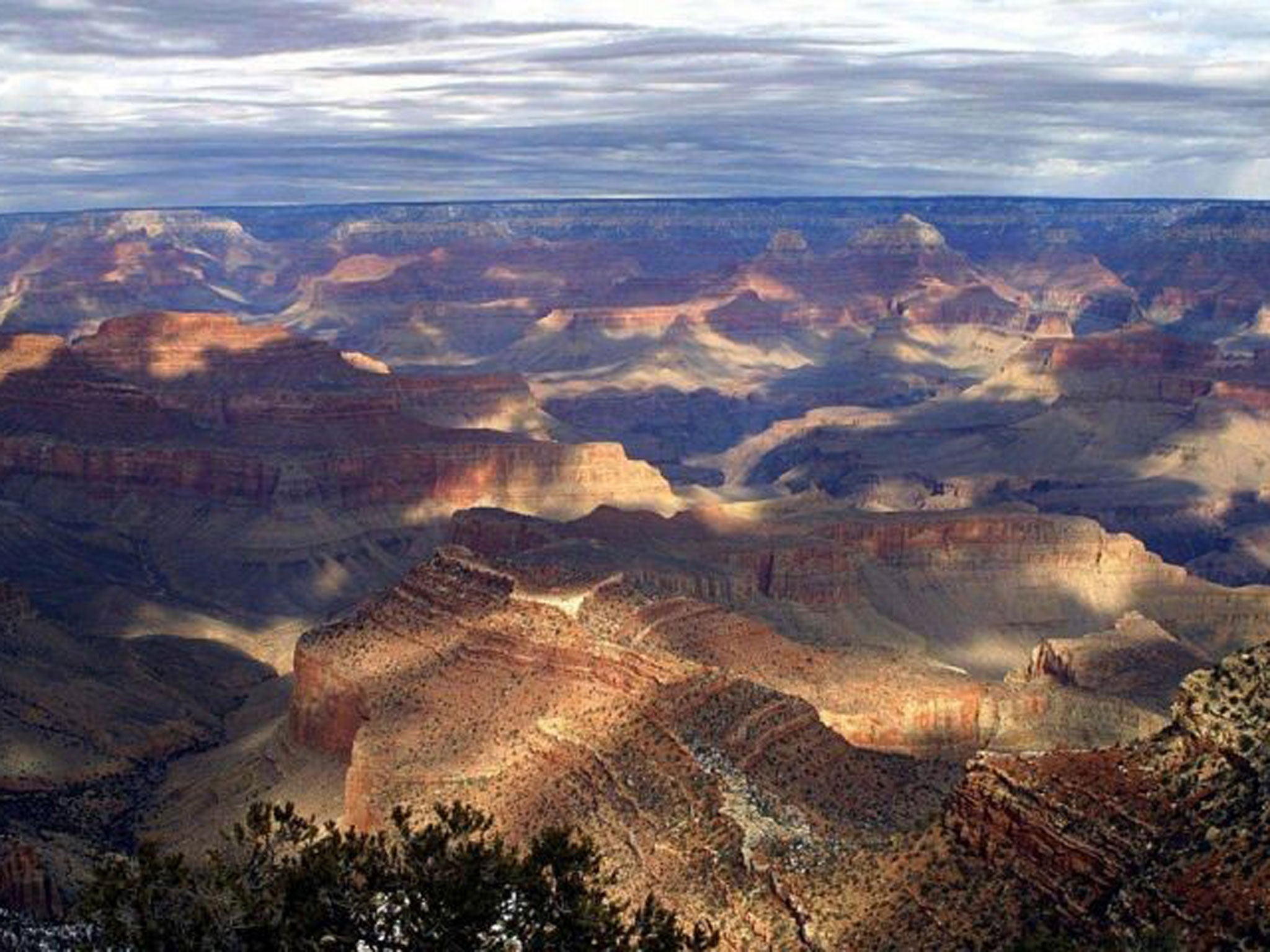American audiences more likely to believe in God after watching BBC’s Planet Earth, study shows
Scientists said images of ‘awe-inspiring’ natural phenomena increased chances someone would believe in the existence of a higher power

Your support helps us to tell the story
From reproductive rights to climate change to Big Tech, The Independent is on the ground when the story is developing. Whether it's investigating the financials of Elon Musk's pro-Trump PAC or producing our latest documentary, 'The A Word', which shines a light on the American women fighting for reproductive rights, we know how important it is to parse out the facts from the messaging.
At such a critical moment in US history, we need reporters on the ground. Your donation allows us to keep sending journalists to speak to both sides of the story.
The Independent is trusted by Americans across the entire political spectrum. And unlike many other quality news outlets, we choose not to lock Americans out of our reporting and analysis with paywalls. We believe quality journalism should be available to everyone, paid for by those who can afford it.
Your support makes all the difference.People in the US are more likely to believe in God and the supernatural after watching awe-inspiring nature programmes like the BBC’s Planet Earth, scientists have claimed.
According to research published in the Psychological Science journal, test subjects were more likely to say they had faith in a higher power after watching “jaw-dropping” footage of the Grand Canyon, waterfalls and other natural phenomena.
Those who were asked to watch extracts from the BBC documentary series fronted by Sir David Attenborough gave markedly different responses to a series of questions than a control group which was shown footage from more neutral news reports.
Professor Piercarlo Valdesolo, a psychological scientist from Claremont McKenna College who carried out the studies, said: “Many historical accounts of religious epiphanies and revelations seem to involve the experience of being awe-struck by the beauty, strength or size of a divine being, and these experiences change the way people understand and think about the world.
“We wanted to test the exact opposite prediction: It’s not that the presence of the supernatural elicits awe, it’s that awe elicits the perception of the presence of the supernatural,” he said.
Professor Valdesolo said participants from both groups were asked how much awe they felt while watching the footage, and whether they believed that worldly events unfold according to some god’s or other non-human entity’s plan.
Overall, those who had watched the awe-inspiring video tended to believe more in supernatural control, and were more likely to believe in God when compared with the news-watching group.
The scientists added that they observed similar results when the awe-inspiring video was changed for one which showed amazing but self-evidently impossible events, such as a massive waterfall flowing through city streets.
The researchers pointed out that these data could also shed light on why certain individuals seek to explain the world through secular and scientific means.
Professor Valdesolo said: “The irony in this is that gazing upon things that we know to be formed by natural causes, such as the jaw-dropping expanse of the Grand Canyon, pushes us to explain them as the product of supernatural causes.
“The experience of awe may simply motivate us to search for explanations, no matter what kinds of explanations they are,” he added.
In another experiment, the test subjects were given random series of numbers and asked whether or not they thought they had been picked deliberately. Those who had seen the awe-inspiring video were more likely than others to say the numbers had been designed by human hand.
Based on these preliminary findings, Professor Valdesolo and his colleague Jesse Graham from the University of Southern California said they are now looking at other factors which change the impact of awe on belief in the supernatural.
For example, they are testing whether adopting submissive body postures, which make us feel less powerful, might dispose us to experiences of awe. A link could perhaps explain the presence of such postures in religious practices across the world, such as kneeling, bowing, and gazing up.
“The more submissive we act, the more awe we might feel, and perhaps the stronger our beliefs become,” Professor Valdesolo said.
Join our commenting forum
Join thought-provoking conversations, follow other Independent readers and see their replies
Comments